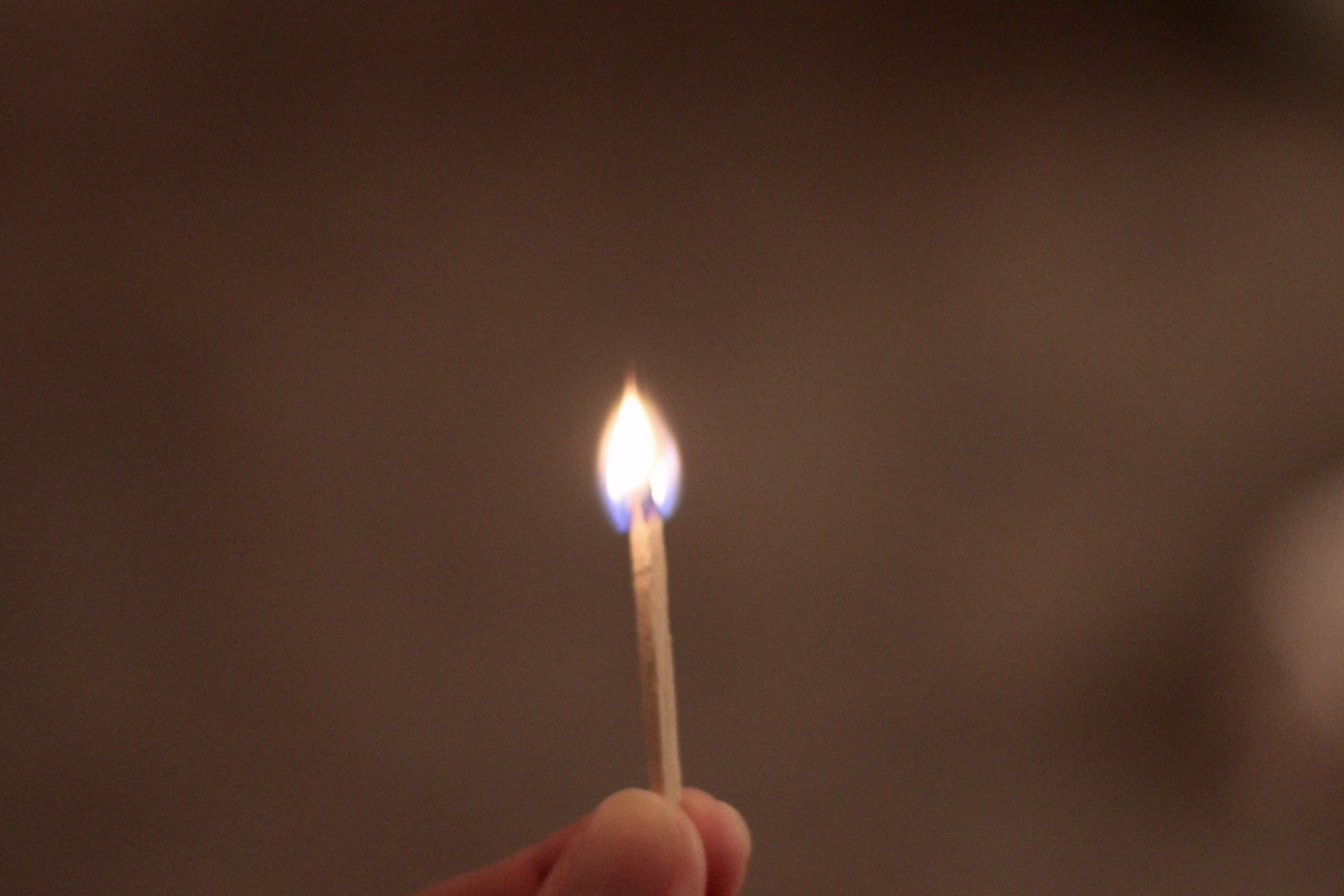Protesting is not extreme, the ruling class is
The shame of the ruling class is translating into the villainy of protests.
To hesitate protesting is to fall victim to the oppressor’s fearmongering tactics.
When I drafted my first ever article about Palestine back in October 2023, I hesitated to use my name, and considered a pen name. For a moment, writing in protest of the Israeli genocide in Palestine seemed extreme. The Medium made it seem extreme. The University of Toronto Mississauga made it seem extreme. And so did the world around me.
But there is no extremity in protesting for justice—not when extremity lies in the hands of our ruling classes. These were the words of Aaron Bushnell, 25-year-old US Air Force active-duty engineer, who self-immolated in front of the Israeli Embassy in Washington, D.C. on February 25.
“I am about to engage in an extreme act of protest. But compared to what people have been experiencing in Palestine at the hands of their colonizers, it’s not extreme at all. This is what our ruling class has decided will be normal.”
In true Western media fashion, the protest was hastily dismissed as an act of mental instability. And terrorism. And irresponsibility. And uselessness. And deification. And suicide glorification. And even suggesting that the self-immolation might trigger an anarchist witch-hunt. Because, to Western establishments, sacrificing one’s life for a cause is suicidal terrorism, but conscripting in the army to murder Indigenous people on Indigenous land is heroic. Self-immolation is an act of instability, but pointing guns toward a burning man’s body is an act of security.
Worst of all, some Western coverage of Bushnell’s death has conveniently disregarded his last words: “Free Palestine.” With many, in conscious avoidance, speculating the very reason for his self-immolation.
But although the coverage has been poor, Bushnell knew that his privilege as a white-American man would guarantee attention, regardless. For when Cedrick Nianza self-immolated in Congo against the government’s active genocide of the Congolese people, the world stood in ignorance. Because our world, time after time, reminds us that the cost of life lies in the colour of our skin.
So, when asked to boycott and take the streets for Palestine, Congo, and Sudan alike, know that your actions are all but extreme. They are the very bare minimum of humanity, a humanity that has been lost amongst members of our societies.
In fact, the refusal to protest is an indignity of basking in one’s privilege. A by-product of Western individualism, taught to us as a (false) marker of civilization. To watch from afar, recognizing the existence of a power that rests in your voice, favouring the aesthetics of your social media page and the lies of neutral political stances.
You choose to redirect your power into a silence that muffles the echoing screams of the Gazan mother as she lies on the corpses of her sons. You choose to redirect your power into a silence that muffles the weeping heart of the Gazan father as his seven-year-old daughter hangs atop the rubble, lifeless and limbless. You choose to redirect your power into a silence that muffles the chants, turned into shrieks of pain, of a young man demanding a free Palestine.
And in return, there is a humility in sitting behind our screens, in the security of our homes, writing about the innumerate genocides occurring as though they are tragic stories of faraway lands. Indeed, there is humility behind every word I type, knowing that my protests stand minute in scale, hoping they are grand in effect.
It is then that the hesitancy to protest becomes less about fear and more about comfort. It is then that your efforts in dictating protests as an extreme become a weapon of your willful ignorance to lessen the weight of shame.
Associate Opinion Editor (Volume 50) — Yasmine is a third-year student, majoring in History and Anthropology. Her writing is best described as sometimes sarcastic, sometimes radical, and always an excuse to bring up her heritage (and colonialism). She hopes her work with The Medium will inspire conversations, debates, and a path to abandon our deeply rooted stubbornness. In her spare time, Yasmine enjoys reading, knitting, arguing with uncles on politics, and fangirling.


